Why Is Harassment So Uncomfortable for Men to Talk About?
As boys, we learned that a major benefit of power was easy sex.
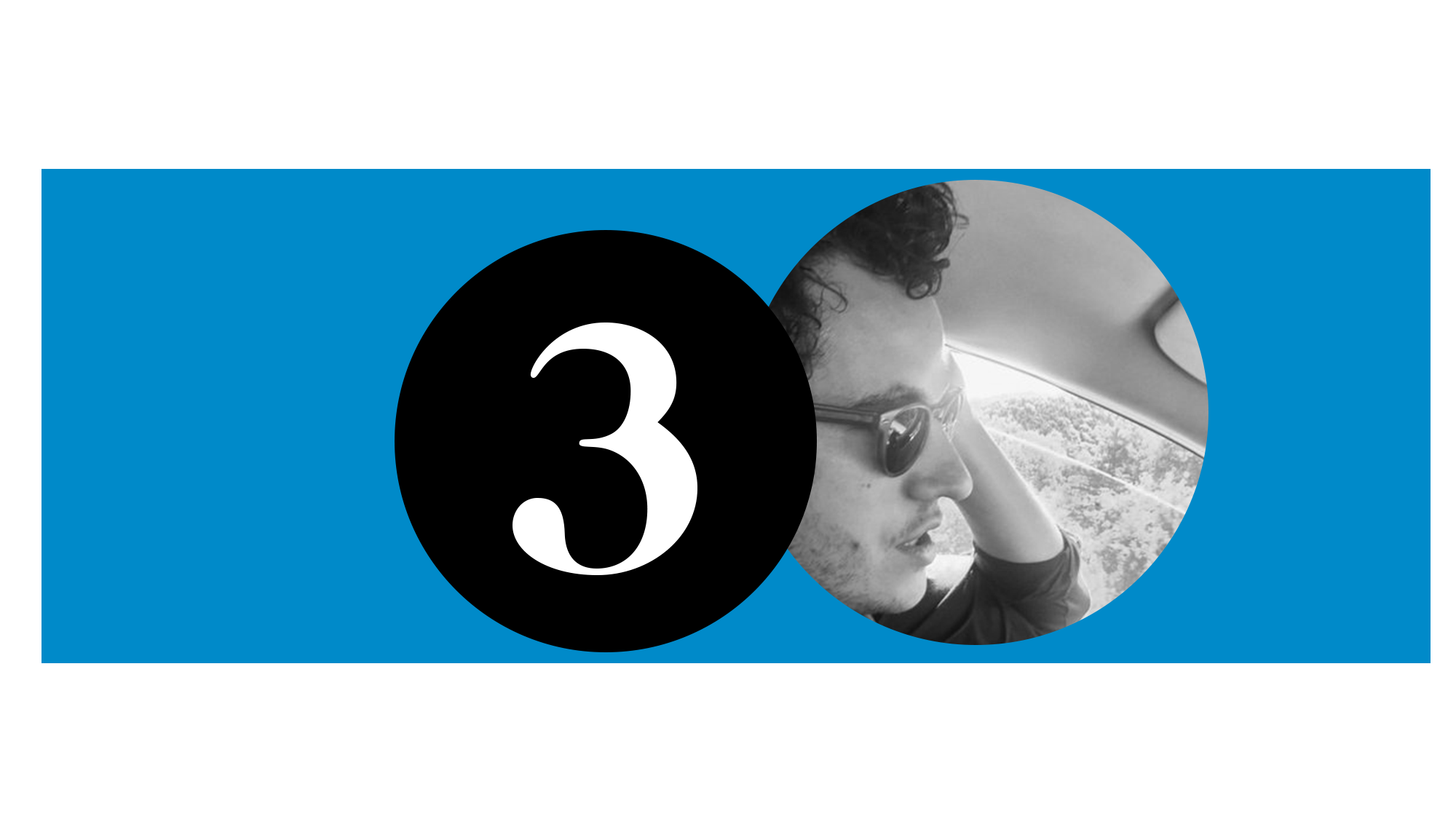
Let's say I lean in for the kiss,” a friend says, “and she pulls away a second too late. Crossing the line?” Another friend remembers the time he asked a woman to go home with him, several times, and she kept saying no. What about implying I wanted a relationship to get a woman in bed? Did that rise to the level of reportable?
How slickly we elided the difference, in other words, between harassment at work and bad behavior on dates. When we read about attempts to force female coworkers to have sex during office hours, we conjured hazy social settings after dark.
How slickly we elided the difference, in other words, between harassment at work and bad behavior on dates.

Why is harassment so uncomfortable for men to talk about? Partly because we can imagine it. As boys, we learned that a major benefit of power was easy sex. When sleepover confabs turned to future famous rock bands, we weren’t writing songs, we were picturing groupies. When we saw porn that involved actresses getting naked on casting couches, we took away that it was women coming to men, asking for something.
Being powerful meant never having to ask. Now, when we talk to each other, we sound nervous. We outgrew our fantasies less quickly than we thought.
Jesse Barron is a journalist for Harper's, Esquire, and The New York Times Magazine
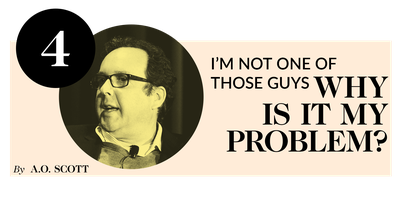
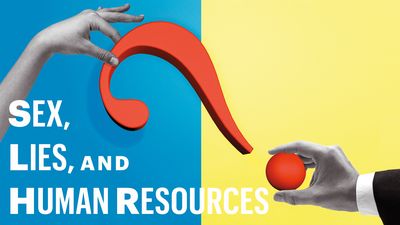
This package appears in the March issues of Esquire and Marie Claire.
Stay In The Know
Get exclusive access to fashion and beauty trends, hot-off-the-press celebrity news, and more.
-
 The "Frightening" Easter Prank William Played on Eugenie
The "Frightening" Easter Prank William Played on Eugenie"Prince William has just stood on a chair and bitten the mouse's head off."
By Amy Mackelden
-
 A Resurfaced Photo Reveals Charlotte's Royal Lookalike
A Resurfaced Photo Reveals Charlotte's Royal Lookalike"The Spencer genes are so strong."
By Amy Mackelden
-
 Why Prince Andrew Attended Royal Family's Easter Service
Why Prince Andrew Attended Royal Family's Easter ServiceIt was previously alleged King Charles's "patience was wearing thin" with his brother.
By Amy Mackelden
-
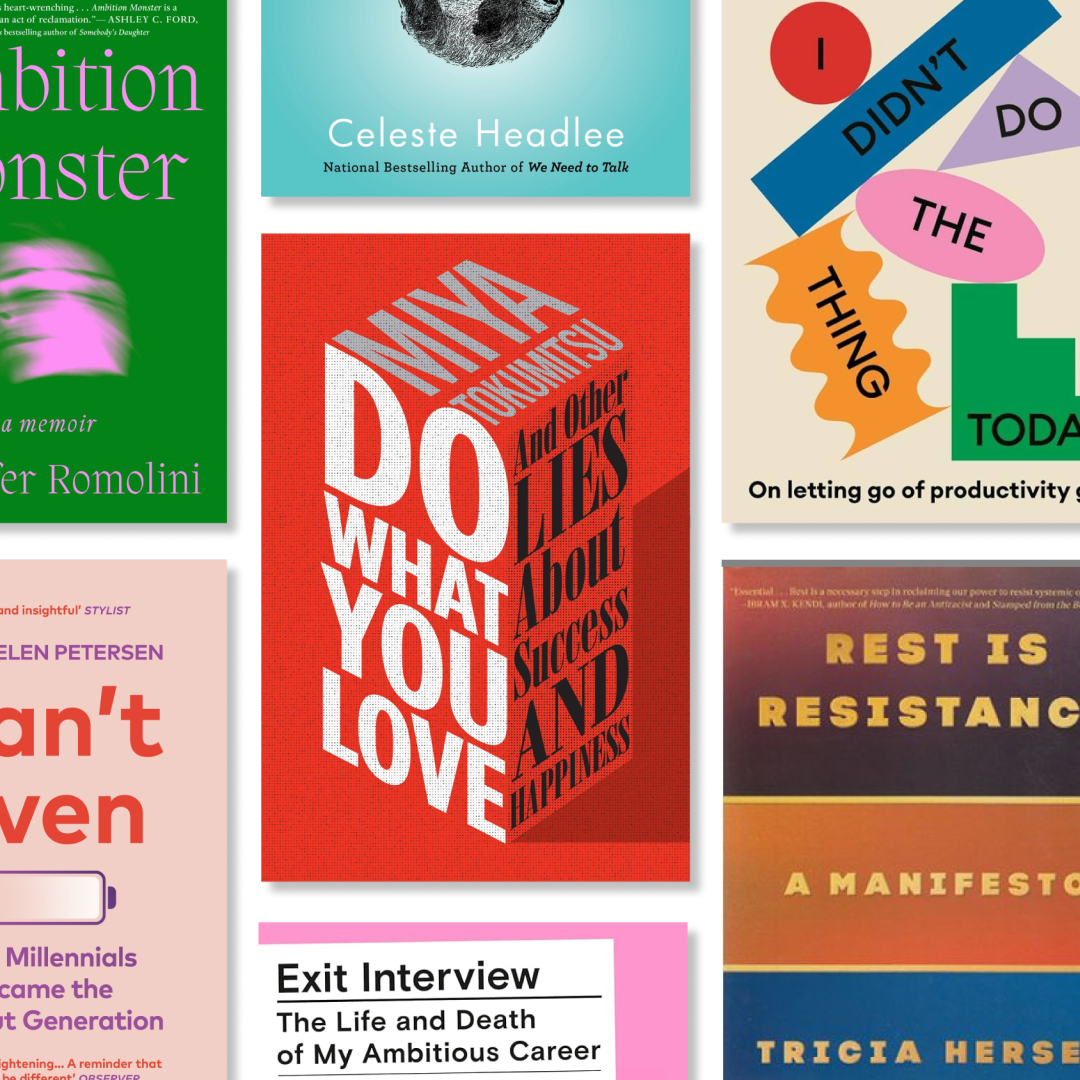 11 Books That Are the Antidote to Toxic Girlboss Hustle Culture
11 Books That Are the Antidote to Toxic Girlboss Hustle CultureThese memoirs and nonfiction titles will inspire you to focus on your personal ambitions.
By Andrea Park
-
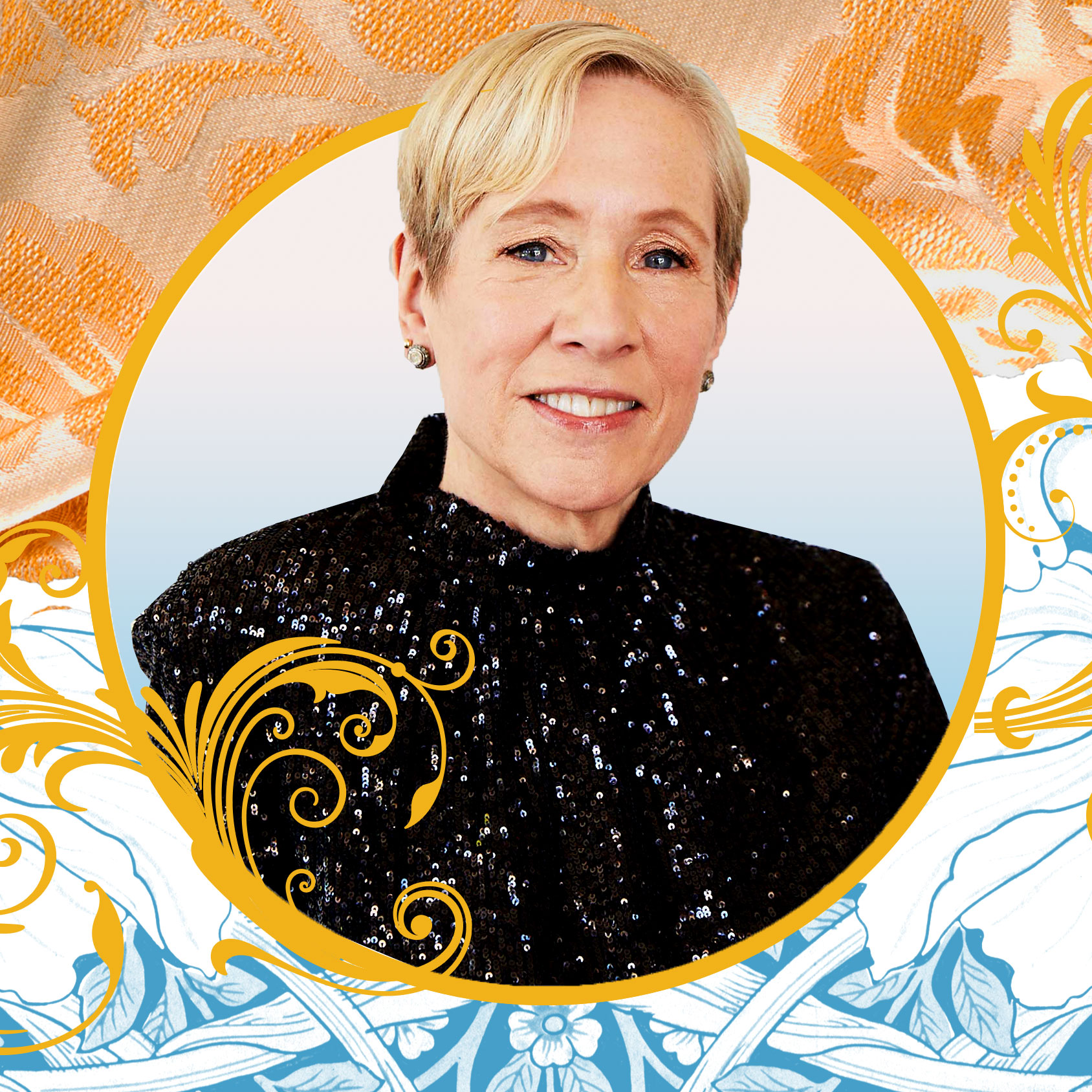 Almost Famous
Almost FamousHalf of the Shondaland dream team, the woman whose work brings 'Bridgerton' to life, is one of the most influential producers in Hollywood. And she’s ready for everyone to know it.
By Jessica M. Goldstein
-
 Payal Kadakia Is Finally Sharing Her Secret Sauce to Success
Payal Kadakia Is Finally Sharing Her Secret Sauce to SuccessIn her new book, LifePass, the ClassPass founder gives you the tools to write your own success story.
By Neha Prakash
-
 The Power Issue
The Power IssueOur November issue is all about power—having it, embracing it, and dressing for it.
By Marie Claire Editors
-
 J. Smith-Cameron Is in Control
J. Smith-Cameron Is in ControlShe’s Logan Roy’s right hand. She’s Roman’s ‘mommy girlfriend.’ And she’s a fan favorite. Here, the Succession star takes us behind the scenes of Gerri’s boardroom power plays.
By Jessica M. Goldstein
-
 What Makes an Olympic Moment?
What Makes an Olympic Moment?In the past it meant overcoming struggle...and winning. But why must athletes suffer to be inspiring?
By Megan DiTrolio
-
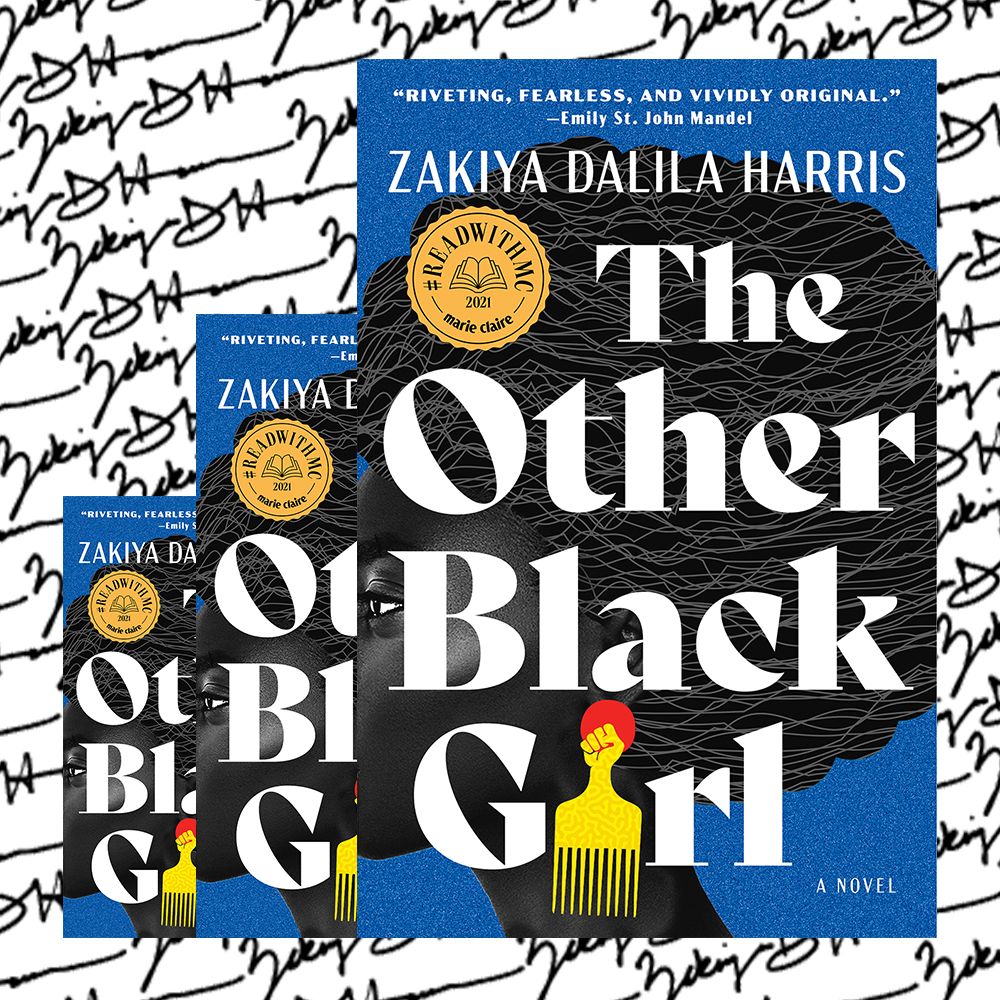 'The Other Black Girl' Gets Real About Racism in the Workplace
'The Other Black Girl' Gets Real About Racism in the Workplace"It really hits home how many spaces don’t allow Black women to really show up as their authentic selves."
By Rachel Epstein
-
 Melissa Moore's 'Life After Happy Face' Podcast Looks at Killers Through New Eyes
Melissa Moore's 'Life After Happy Face' Podcast Looks at Killers Through New EyesThe true crime expert and daughter of the Happy Face Killer opens up to Marie Claire about destigmatizing the label of 'criminal's kid.'
By Maria Ricapito